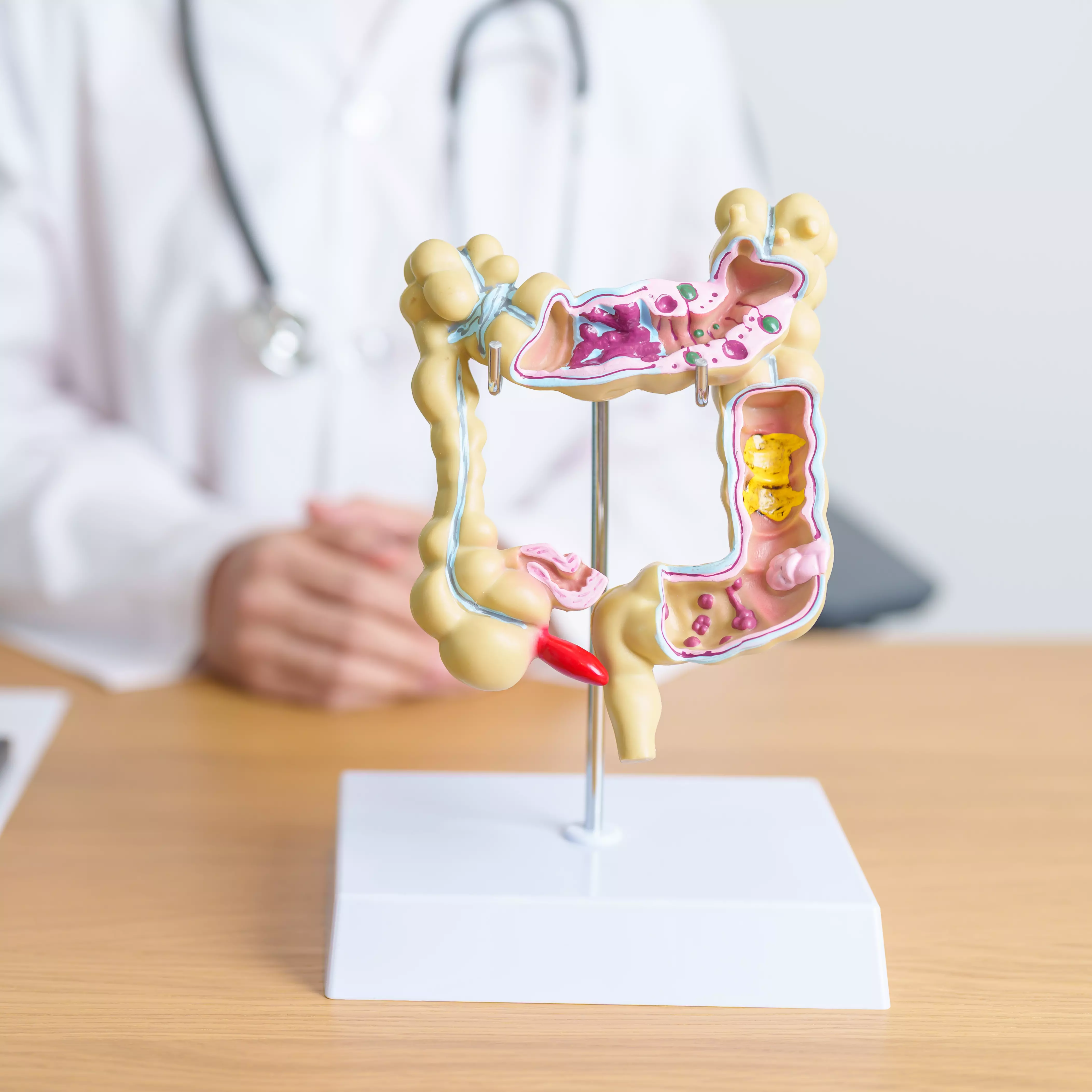Treatment of intestinal polyps
How to treat intestinal polyps effective methods and tips
Intestinal polyps are a common condition that can lead to more serious health problems, such as colon cancer. Therefore, it is important to know how to treat these efflorescences and what methods can bring the best results. In this article, we will discuss some effective ways to treat intestinal polyps.
What are intestinal polyps?
Intestinal polyps are small, growths on the walls of the large intestine. They can come in a variety of shapes and sizes, and their occurrence is related to a number of factors, including diet, smoking habits and age. In most cases, intestinal polyps are benign, but some can develop into colon cancer. That's why it's so important to regularly examine and treat intestinal polyps.
Diagnosis of intestinal polyps
Before treating intestinal polyps, it is necessary to diagnose their presence. There are several diagnostic methods that can help detect these changes in the large intestine. One of the most common tests is a colonoscopy, during which the doctor views the large intestine with a special probe. He or she may also perform a biopsy of the polyp for a more thorough analysis. Other diagnostic methods include sigmoidoscopy, CT scans and stool tests for occult blood.
Treatment methods for intestinal polyps
Once intestinal polyps are diagnosed, the doctor will be able to suggest appropriate treatment methods. There are various options that can be used both for the removal of single polyps and for larger intestinal lesions. Below are some of the most popular methods of treating intestinal polyps:
1. Endoscopic polypectomy
Endoscopic polypectomy is the most common method of removing intestinal polyps. During this procedure, the doctor uses a colonoscope to remove the polyp directly from the large intestine. The procedure is usually painless and performed under local anesthesia. Endoscopic polypectomy is effective for most benign polyps.
2. Surgical removal of the bowel
In rarer cases, when intestinal polyps are larger or cannot be removed endoscopically, surgical removal of the intestine may be necessary. This type of surgery is more invasive and requires a hospital stay of several days. However, it may be necessary to avoid developing colon cancer. After removal of the bowel, recovery treatment and a change in eating habits are also necessary.
3. Regular monitoring
If the intestinal polyps are very small or early, the doctor may opt for regular monitoring to assess their development and changes. This is often used for patients after polypectomy, where the polyp has already been removed, but there is a risk of polyps recurring. During regular monitoring, the doctor will check the condition of the colon and recommend additional tests if necessary.
Preventing intestinal polyps
While there are some risk factors, such as age or family history, that we cannot change, there are also methods to prevent intestinal polyps. First and foremost, lead a healthy lifestyle that includes regular physical activity and a balanced diet rich in fiber, fruits and vegetables. Avoiding long-term cigarette smoking and excessive alcohol consumption also help reduce the risk of intestinal polyps.
Summary
Intestinal polyps can be a serious health problem, so it is important to know how to treat them effectively. Diagnosis of intestinal polyps is possible through various diagnostic tests, such as colonoscopy. Treatment methods include endoscopic polypectomy, surgical removal of the intestine or regular monitoring. Remember that preventing intestinal polyps by leading a healthy lifestyle is also important for maintaining good colon health.
Be responsible and take care of your health! Consult a specialist gastroenterologist if you have suspected intestinal polyps or require further diagnostics!
